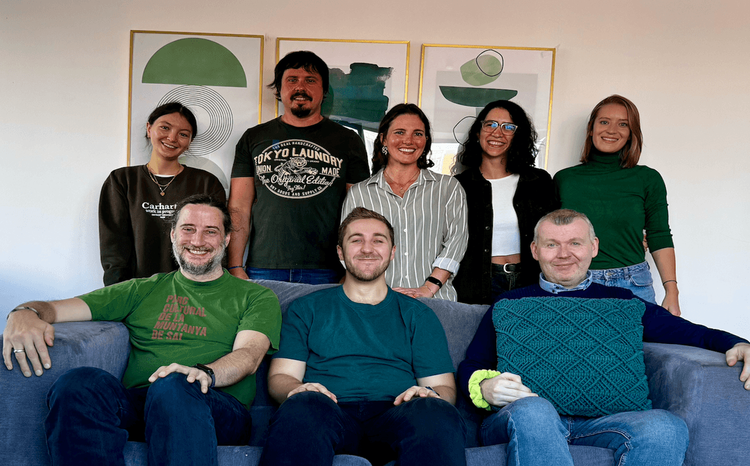Rising star: Tawanda Maposa
- 2 September 2013

A psychiatric nurse who finds himself working as an IT manager in a commissioning support unit is not, perhaps, your everyday career trajectory story.
But Tawanda Maposa sees plenty of links between the two roles. “Both jobs involve dealing with people in the NHS,” he says.
“I used to make a difference on the front line, now I influence the back end instead.There’s still one ultimate customer, which is the patient.”
Maposa has just started in a new job as a business analyst for NHS North West London CSU, but before that he spent a year working as an IT manager at NHS South London CSU as part of the Health Informatics Management strand of the NHS Graduate Management Training Scheme.
The scheme accepts 20 applicants each year onto a two year management course. The programme puts trainees through a series of work placements, gives them a post-graduate qualification in health informatics, and a qualification in leadership.
The accidental IT manager
Maposa ended up on the scheme almost accidentally. Working as a psychiatric nurse, he was frustrated with how things were done on the front line and saw quite a “restrictive” career path ahead of him.
He decided to look for other ways to advance within the NHS. A quick Google search led him to the graduate scheme, which also appealed because he had a long-standing interest in IT.
“When I was a nurse, I was in practice development and was involved in audit work,” he says. “I started to see the value of using informatics in that.
“I was Googling advancement in the NHS and found the graduate scheme and applied. Before I knew it, it dawned on me that I was really doing this.”
After several placements, including a stint in an investment bank, the scheme led him to NHS South London CSU where he spent his last placement before taking up his current job.
Caught up in a revolution
The placement came in the midst of the latest ‘NHS revolution’, which proved quite a challenge. “When I came to the CSU it was in the midst of all the changes,” Maposa says.
“The CSU was moving away from the primary care trust setting and adopting a more commercial approach. Initially it was frustrating; I soon found out it wasn’t as simple as I thought. Being able to influence people to do things faster so I can respond to customers faster has been important.”
Clinical commissioning groups are now supposed to procure IT and information services from CSUs and, eventually, from other providers as well.
The idea is that the GP-led commissioning organisations will be in a good position to know what support and analysis they need. But they are very new themselves, and relationships are still being established.
Since he always seems to have a big, bright and contagious smile on his face, it is difficult to picture Maposa telling anyone what to do. However, he says his approach is to tell the commissioners what they need, and hope that they listen.
“It’s my role to know the business policies they have and envisage what they need. With my clinical experience I have an advantage as I can see what service is needed on the ground,” he says. “Sometimes I think that if we could be a bit more farsighted in the NHS, we would have a better service.”
The long and the short view
Maposa says he occasionally misses being a nurse, and has sacrificed a lot to go on the graduate training scheme, but is adamant that he has found his place in the NHS. He relies on his experience as a clinician to deal with problems arising in his job.
He tells a recent story about trying to convince a GP to get a new results and reporting tool in his practice. The GP was adamant he did not need it, but Maposa told him how it could be used to flag up vulnerable patients and the GP was sold.
“I can see my background really helping. What I do now influences what happens on the front line. That was my main frustration as a nurse; that things didn’t work properly. Now I can make sure they do,” he says.
He also enjoys his new working environment. “It’s fast moving and ever changing. It’s definitely not boring,” he says. “Without the scheme I wouldn’t have gone into IT because it would have meant I would have left nursing without having a guarantee of a new role somewhere.”
On the other hand, he says he wishes he could do the odd nursing shift as he misses the patient contact. “What I miss is coming out of something knowing you’ve stopped someone killing themselves and the instant gratification of knowing you’ve helped.”

Are you a “rising star” of NHS IT? Or do you know somebody who is? EHI is looking to talk to people who are at a relatively early stage in their careers who are set to shape the healthcare IT and information world of the future.
If you know somebody who should be profiled, who is happy to talk about their working lives, their favourite projects and ambitions, please contact EHI reporter Lis Evenstad.




